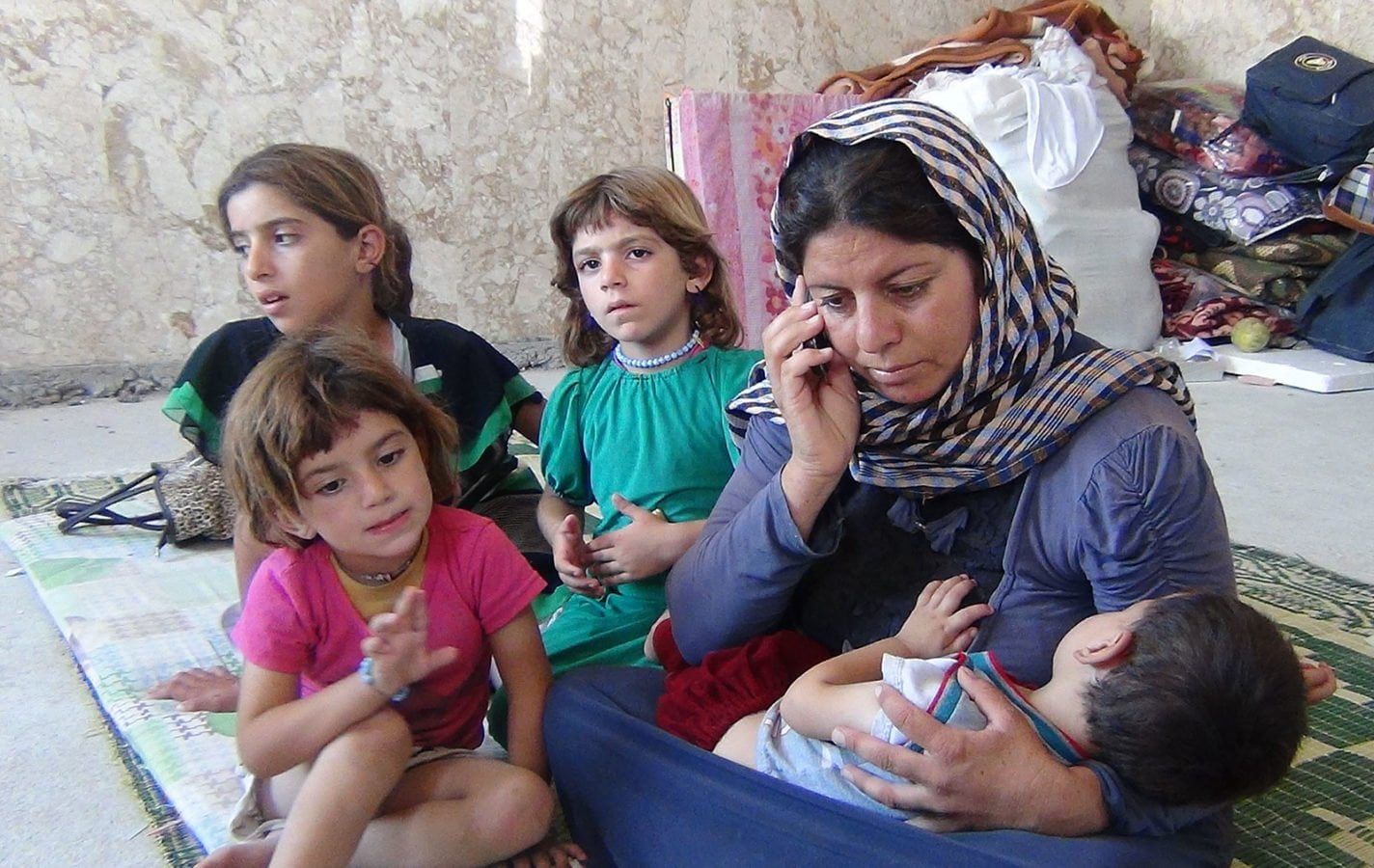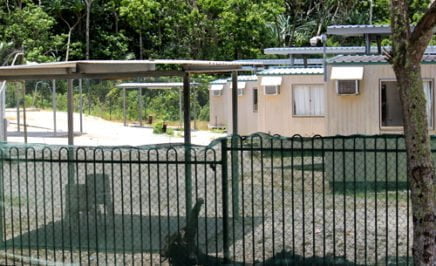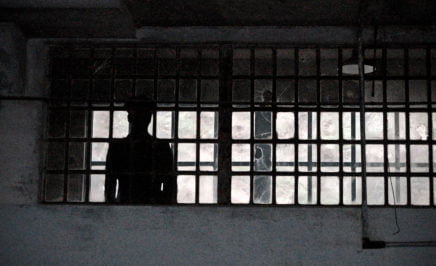Images and video of refugees using smartphones sparked a wave of criticism on social media, with some arguing that being able to afford a (relatively cheap) piece of technology should disqualify them from receiving help.
While anyone can point out the obvious flaw in this argument – that personal wealth or lack thereof has no impact on whether you need to flee your country – it raises a much more interesting question. When you’re seeking safety, how can your phone become a tool for security and survival?
For people like Hala Kamil, a mother of four from Aleppo, Syria, who is living in Germany, a mobile phone is the only link to her old life.
“See why this phone is so dear? It has everything. All my family, all my world is here. That’s why I’m always holding it,” Hala tells filmmaker Marcel Mettlesiefen in the Frontline documentary Children of Syria.
A tool for survival
But for other refugees a mobile isn’t only a digital repository for precious memories and a link to loved ones left behind, it’s a tool for survival.
A study last year by the UN’s refugee agency, the UNHCR, and global professional services company Accenture found mobile phones and internet access are as critical to refugees’ safety and security as food, water and shelter.
In fact, it’s difficult to imagine a more practical possession to own when fleeing your home. Mobile phones provide vital information for people seeking safety, such as routes, the cost of transport, and whether a border is open or closed.
They also save lives: refugees use their phones to find out about weather conditions on perilous sea crossings and to contact coastguards and provide GPS locations if their boat is in distress.
This powerful, three-minute video by BBC Media Action, the BBC’s international development charity, turns your mobile into the phone of someone trying to reach Europe.
The video is designed to be watched on a mobile phone and gives the viewer an insight into the fear and confusion people face on their journeys. It also explains why information and connectivity are so important.
Vulnerable to exploitation
However, a report by the Open University (OU) found that though an essential resource for refugees on their journeys, smartphones can also leave them vulnerable to exploitation by people smugglers, who use social media and messaging services to contact them and sell their services.
People seeking safety need timely, relevant and reliable information and news, says the report’s lead author Marie Gillespie, but instead are often forced to rely on traffickers and criminal groups to help them reach their destinations.
Staying connected
With 3G, 4G and for the lucky few, superfast broadband, connectivity is part of life. But this isn’t always the case for refugees. Affordability can be a problem – some refugees can spend a third of their disposable income on staying connected.
And although most refugees living in urban areas have access to mobile networks, about a fifth of those in rural areas have no connectivity at all – significantly lower than for the population at large, according to the UNHCR and Accenture study.
People in Australia’s offshore detention facilities on Nauru and the now-closed Manus Island may be among the least connected refugees in the world.
With no mobile phones and limited internet, detainees are effectively cut off from the rest of the world. Despite this, Iranian Kurdish journalist and refugee Behrouz Boochani, has reported for years on conditions on Manus using social media and messaging, and recently won an Amnesty International Australia award for his work.
Graham Thom, Amnesty International Australia’s refugee coordinator, told CNET last year that even camps in Jordan near Syria have mobile phone coverage.
“It’s just bizarre to think people in a refugee camp on the border of the conflict zone have better mobile phone access than somebody who’s brought to a detention centre in Australia,” he said.
New laws prevent access to mobile phones
The Federal Government is planning new laws to stop detainees in immigration centres having access to mobile phones. The move comes after a court ruling earlier this year that blocked the Australian Border Force guards confiscating phones.
As well as being a potentially lifesaving piece of technology for people in transit, human rights advocates say that mobile phones are also a “lifeline” for those needing to communicate with loved ones, seek legal advice and stay in touch with the outside world.








